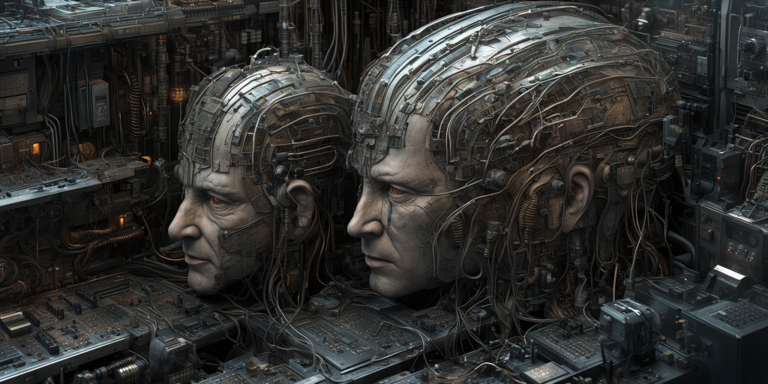Google scientists have actually found a brand-new method that might lastly make quantum computing useful in reality, utilizing expert system to fix among science’s most consistent obstacles: more steady states.
In a term paper released in Nature, Google Deepmind researchers describe that their brand-new AI system, AlphaQubit, has actually shown incredibly effective at remedying the consistent mistakes that have actually long pestered quantum computer systems.
” Quantum computer systems have the prospective to change drug discovery, product style, and basic physics– that is, if we can get them to work dependably,” Google’s statement checks out. However absolutely nothing is best: quantum systems are extremely delicate. Even the tiniest ecological disturbance– from heat, vibration, electro-magnetic fields, and even cosmic rays– can interrupt their fragile quantum states, resulting in mistakes that make calculations undependable.
A March term paper highlights the difficulty: quantum computer systems require a mistake rate of simply one in a trillion operations (10 ^ -12) for useful usage. Nevertheless, existing hardware has mistake rates in between 10 ^ -3 and 10 ^ -2 per operation, making mistake correction essential.
” Particular issues, which would take a standard computer system billions of years to fix, would take a quantum computer system simply hours,” Google states. “Nevertheless, these brand-new processors are more susceptible to sound than traditional ones.”
” If we wish to make quantum computer systems more trustworthy, specifically at scale, we require to precisely determine and remedy these mistakes.”
Google’s brand-new AI system, AlphaQubit, wishes to tackle this problem. The AI system utilizes an advanced neural network architecture that has actually shown unmatched precision in determining and remedying quantum mistakes, revealing 6% less mistakes than previous finest approaches in massive experiments and 30% less mistakes than standard methods.
It likewise preserved high precision throughout quantum systems varying from 17 qubits to 241 qubits– which recommends that the method might scale to the bigger systems required for useful quantum computing.
Under the Hood
AlphaQubit utilizes a two-stage method to accomplish its high precision.
The system very first trains on simulated quantum sound information, discovering basic patterns of quantum mistakes, then adjusts to genuine quantum hardware utilizing a minimal quantity of speculative information.
This method permits AlphaQubit to deal with intricate real-world quantum sound results, consisting of cross-talk in between qubits, leak (when qubits leave their computational states), and subtle connections in between various kinds of mistakes.
However do not get too delighted; you will not have a quantum computer system in your garage quickly.
Regardless of its precision, AlphaQubit still deals with substantial obstacles before useful execution. “Each consistency check in a quick superconducting quantum processor is determined a million times every 2nd,” the scientists keep in mind. “While AlphaQubit is fantastic at precisely determining mistakes, it’s still too sluggish to proper mistakes in a superconducting processor in real-time.”
” Training at bigger code ranges is more difficult due to the fact that the examples are more intricate, and sample effectiveness appears lower at bigger ranges,” a Deepmind representative informed Decrypt,” It is very important due to the fact that mistake rate scales greatly with code range, so we anticipate to require to fix bigger ranges to get the ultra-low mistake rates required for fault-tolerant calculation on big, deep quantum circuits.
The scientists are concentrating on speed optimization, scalability, and combination as important locations for future advancement.
AI and quantum computing form a synergistic relationship, boosting the other’s capacity. “We anticipate AI/ML and quantum computing to stay complementary techniques to calculation. AI can be used in other locations to support the advancement of fault-tolerant quantum computer systems, such as calibration and collection or algorithm style,” the representative informed Decrypt, “at the exact same time, individuals are checking out quantum ML applications for quantum information, and more speculatively, for quantum ML algorithms on classical information.
This merging may represent an important pivotal moment in computational science. As quantum computer systems end up being more trustworthy through AI-assisted mistake correction, they could, in turn, assistance establish more advanced AI systems, developing an effective feedback loop of technological development.
The age of useful quantum computing, long guaranteed however never ever provided, may lastly be better– though not rather close sufficient to begin fretting about a cyborg armageddon.
Modified by Sebastian Sinclair
Usually Smart Newsletter
A weekly AI journey told by Gen, a generative AI design.


